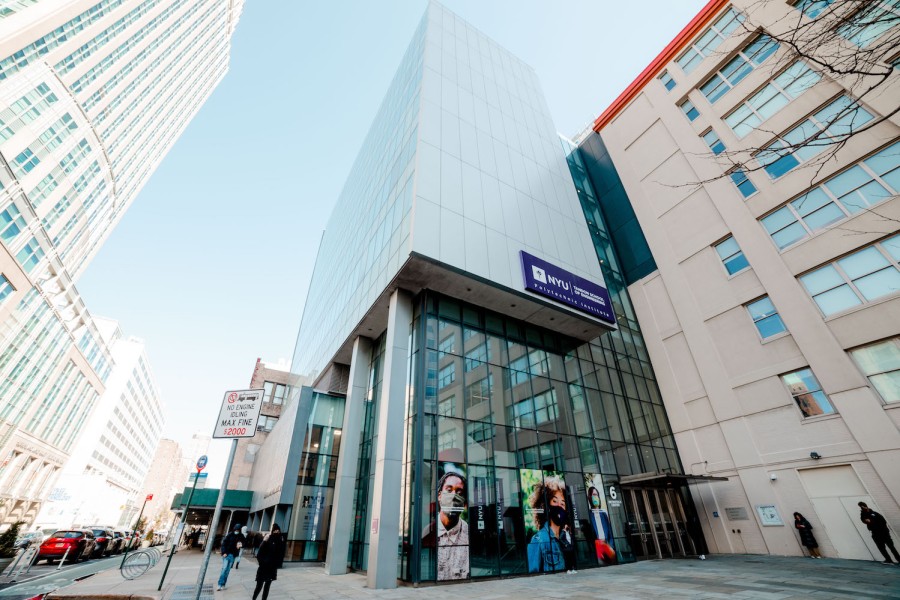Tandon receives $15M federal grant to research traffic congestion
The grant was awarded to 34 university transportation research centers across the country, and will go toward improving urban traffic congestion and high school STEM programs.
(Samson Tu for WSN)
March 10, 2023
NYU’s Tandon School of Engineering will now have $15 million to work on improving traffic in areas with major roadway congestion across the country, including New York City. The award, which comes in the form of a grant from the U.S. Department of Transportation, will help fund C2SMART, the school’s transportation research center.
C2SMART is one of many university transportation centers that receive U.S. government funding. Its research focuses primarily on the study of new transportation technologies. The center is one of 34 institutions to receive the award, which is meant to go toward funding urban traffic research. It will provide five years of funding for transportation research initiatives.
“The money will support the mission of the Center, which is research, education, training, and technology transfer and will involve new and novel modes of transportation such as connected and autonomous vehicles, electric vehicles, and drones for deliveries, as well as emerging technologies and data-driven methods such as artificial intelligence and machine learning,” said Tandon dean Jelena Kovačević.
The center will also emphasize the Transportation Department’s goal of addressing inequities related to traffic congestion, which is experienced most frequently by underserved communities, according to Kovačević.
As a result of the added funding, C2SMART will lengthen its acronym to C2SMARTER — the Connected Communities for Smart Mobility Toward Accessible and Resilient Transportation for Equitably Reducing Congestion. Tandon professor Kaan Ozbay, the founding director of C2SMART, will lead the research projects receiving grant funding. He said the center will continue to collaborate with New York City and state agencies to implement new anti-congestion technologies.
“We will broaden our Network of Living Labs into a national portfolio of community deployments as support tools to engage with communities, in particular disadvantaged communities, to help them grapple with issues from the effects ranging from street flooding and its associated congestion effects, to pollution due to congestion, to the community-level impacts of new modes and investments,” Ozbay wrote to WSN.
C2SMARTER will also help expand Tandon’s partnership with high schools in the city by providing programming for K-12 students interested in pursuing careers in STEM. Details related to the establishment of these educational opportunities will be available at a later date, said Ozbay.
Contact Connor Patton and Isabel Ames at [email protected].
























































































































































